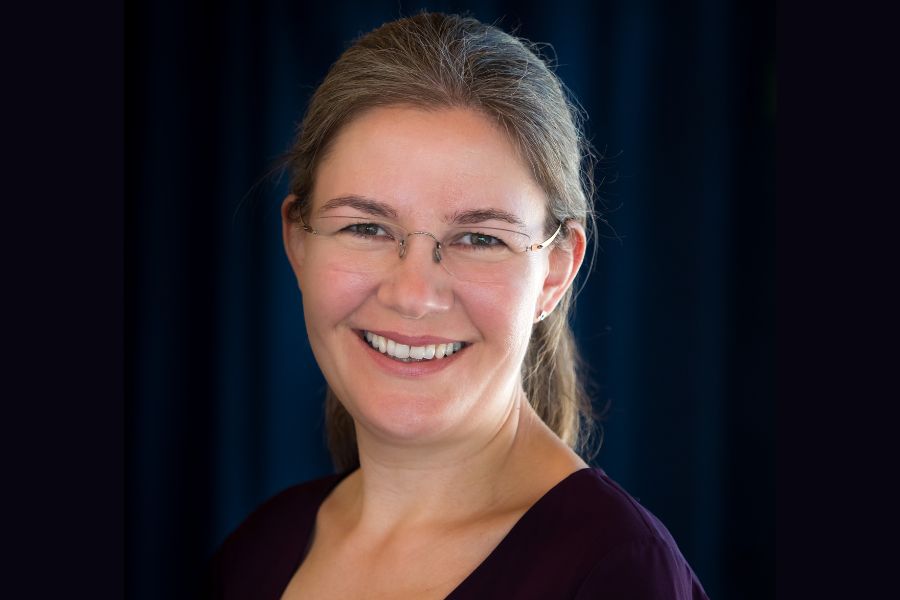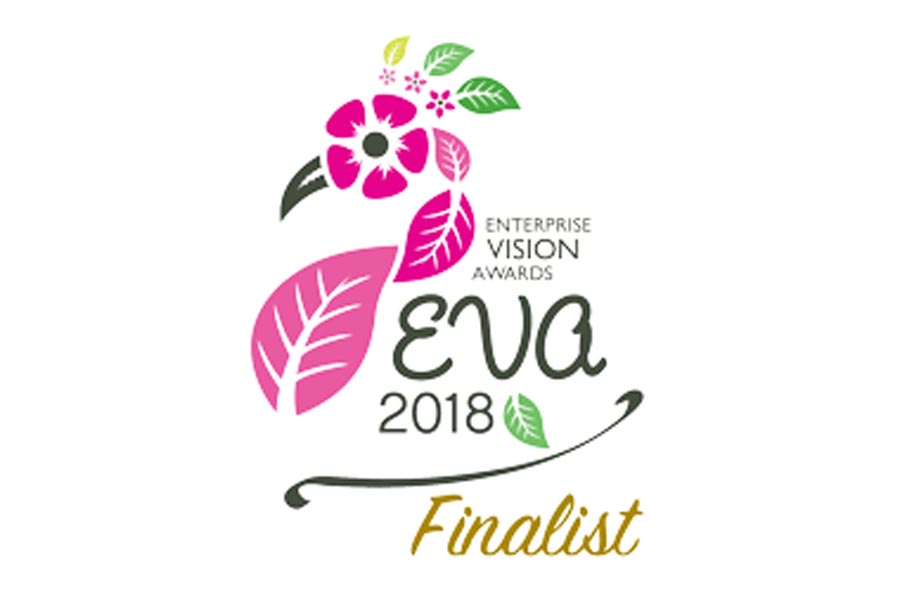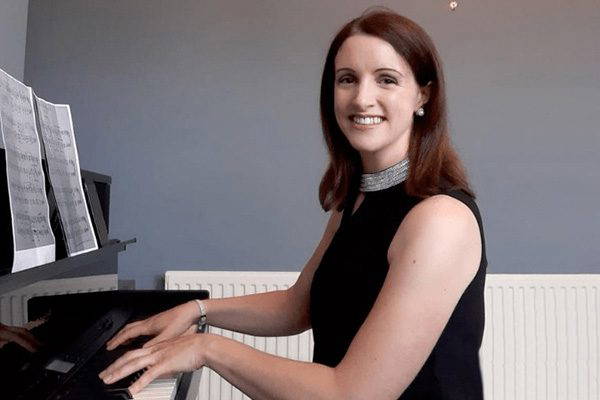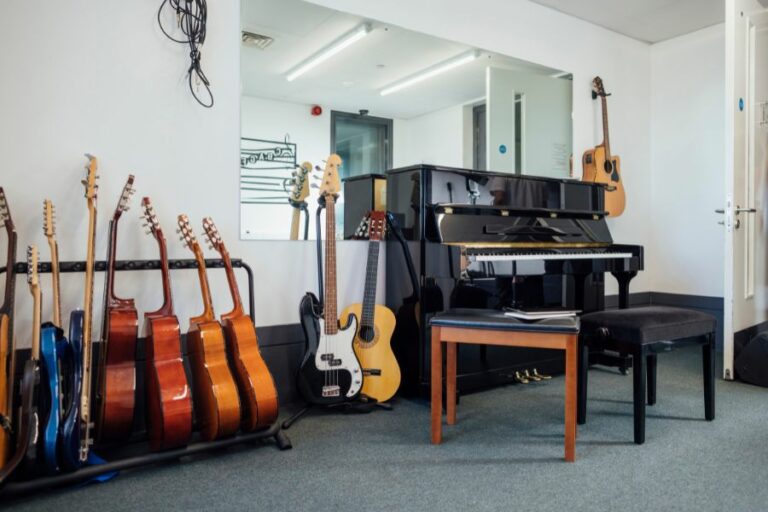Olivia Sparkhall is an award-winning composer, choral director, author and secondary music teacher. I caught up with her to find out about how she gets started with a composition, what it felt like to win the Three Choirs Competition and how she juggles life as a classroom teacher and composer…
Tell us a bit about your musical journey to becoming a composer…
This began at school where I was encouraged in my enthusiasm for composition by my Sixth Form music teacher, the composer Derek Bourgeois. I continued with the composition pathway during my Music degree at Durham University and, after completing a teaching qualification (PGCE) at Cambridge University, went straight into music teaching at secondary school-level. I remember writing something for a newly-formed junior choir in my first year of teaching, and I have never stopped.
You are also Assistant Director of Music at Godolphin School – how do you find time to teach and to compose?
The wonderful thing about being a teacher is being able to write pieces for the children to perform. I find being an active composer also informs my teaching as I can relate to the children’s creative challenges and help them to overcome them. It is true, though, that I am not as productive a composer as I would be if I were able to work at it on a full-time basis, and I really only manage to compose during the school holidays.
As a teacher, how do you get your students to be aware of, and listen to, a diverse range of composers and artists?
I find that the children are very open to hearing all music, and do not seem to have any prejudices about one style or another.I have what some might consider to be a very eclectic teaching playlist, which is constantly evolving. I think it helps that I’m allowed to devise my own schemes of work so I can respond to new music trends, and adapt my teaching on a nearly-daily basis.
You won the Three Choirs Festival Composition Competition 2022 with your piece: Hear, O Ye Kings – congratulations! How did it feel to win such a prestigious award?
Amazing! I was so delighted to be shortlisted, which meant that my piece was one of five to be rehearsed as part of a workshop, and then performed to the judges. I was so surprised to then go on to win the whole competition, and have my piece performed as part of the Three Choirs Festival in Hereford Cathedral, particularly considering the calibre of the judging panel and the number of other entries.
What is your favourite medium to compose for?
I think it helps to carve a niche for yourself in the composing world. Even though I have written several pieces for strings, and chamber ensembles, I am known for my choral music (click here for link to Lux aeterna), and have chosen to focus on this area. It also helps that these sort of pieces can be quite small-scale which means I can write something during half-term, for example. I’d like to compose more large-scale works in the future, but I don’t think that that is compatible with full-time teaching.
How do you start a composition – what is your process?
I start with saying the words in my head until a strong musical motive establishes itself, which stays attached to the text. I usually do this away from my desk, and try not to pressure myself into creating something until it emerges from my imagination. Once I have my idea, I tend to map out an overall structure, even if this is quite vague at first. I then move between working on minute detail and fleshing out an overview until I have a good sense of how the piece will hang together.
What obstacles do you encounter with being a composer?
Many famous choral composers from the past were also choir conductors, so they were able to have their pieces performed by the choirs they ran. My choirs are all Upper Voices, so it can be difficult for me to arrange for première performances of my Mixed Voices pieces. This means that some of them have yet to be performed, and recorded, which is pretty crucial for promotion purposes.
Which composers do you most admire / are inspired by?
I find Judith Weir inspirational and sometimes ask myself, “What would Judith do?”, which I find really helps me with my approach to some of the challenges I face. I am also inspired by Cecilia McDowall, and hope that my career trajectory might be something like hers! I love the choral repertoire of Caroline Shaw, Hannah Kendall and Eleanor Daley. I’m really enjoying exploring some of Tamsin Jones’ pieces with my choir at the moment, and I loved discovering Lucy Walker’s music recently.
Do you use any particular notation software when composing?
I have a sort of analogue/digital approach to composing where I flit between manuscript paper and Sibelius software. I have a manuscript notebook which is great for keeping my ideas in one place. I work things out on paper, and when I know exactly what I want, input the music on the computer. When I need to compose the next section, I return to paper. I find this process to be the most creative (and encourage my students to do the same).
Can you share one of your proudest composing moments?
I enjoyed taking my school choir to compete in the Songs of Praise ‘Choir of the Year’ competitions which used to require choirs to sing a hymn. I arranged the hymns we performed and I remember how proud I was when they sang my arrangement of ‘All creatures of our God and King‘ so brilliantly.
More recently, I was immensely proud to have my Dona nobis pacem sung on BBC Radio 3 during their broadcast of choral evensong in November 2021.
What are your top 3 tips for students wanting to pursue a career as a composer?
- I think the most important thing is to keep writing down your ideas. It is a real skill to transfer what you hear in your head onto paper, and this improves with practice.
- There are so many composing compositions around for young people. It is well worth entering even if you don’t think you’ll win. You never know what the judges are really looking for, and they might just be drawn to your piece.
- Make your own opportunities by composing for groups that you are in, or have a connection with, or even pick a local ensemble and see if they would consider performing your piece.
New book: A Young Person’s Guide to Vocal Health by Olivia Sparkhall
If you want to maintain a good, healthy speaking and singing voice, then it is essential that you keep your voice box in good working order.
Here is a simple guide to help you understand what’s good (and what’s bad!) when looking after your ‘vocal instrument’, and how you can keep your voice in great shape.
It shows you the best ways to maintain good vocal health and how to avoid or deal with problems like colds and sore throats, shouting in sports halls, overuse, poor diet, hormones, anxiety and, yes, smoking, drinking alcohol and using drugs!
Ideal for singing teachers and choir leaders in engendering good vocal habits in young people.
Olivia’s new book: A Young Person’s Guide to Vocal Health is available to order directly from Compton Publisher’s website.
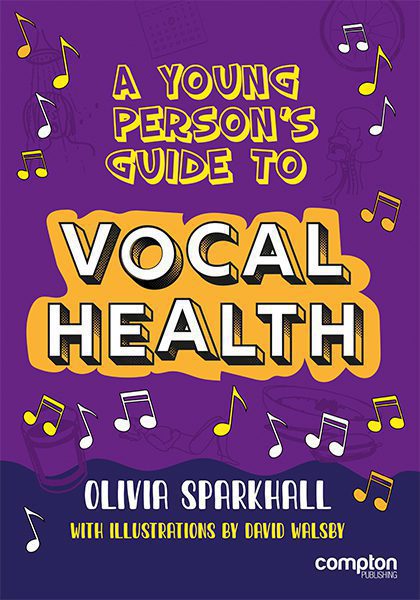
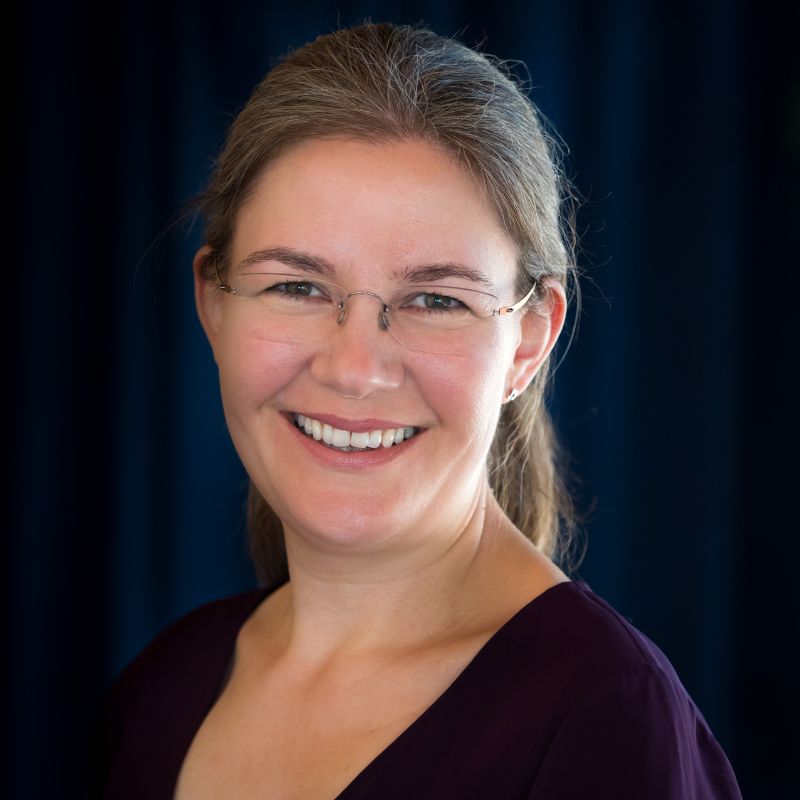
About Olivia Sparkhall
Olivia Sparkhall is an award-winning composer who specialises in choral music. She is published by several UK publishing houses including Encore Publications, Chichester Music Press, and Lindsay Music. Olivia features within the Kassian Choral Series of Banks Music Publications both as composer, and as arranger and editor of choral music by women composers from the past. She is part of the series research and editorial team for the Multitude of Voyces Sacred Music by Women Composers set of anthologies, as well as contributing original compositions and arrangements to each of the three volumes.Olivia is also a voice specialist, choral conductor, and assistant head of music at Godolphin School, Salisbury. In demand as a vocal workshop leader, Olivia has worked with many young choirs, and conducts massed children’s choir concerts for the charity, Barnardo’s.
@OliviaSparkhall (Twitter)
@OliviaSparkhall (Instagram)
Subscribe to Olivia Sparkhall’s YouTube channel
Photo credit (all images): Ash Mills
